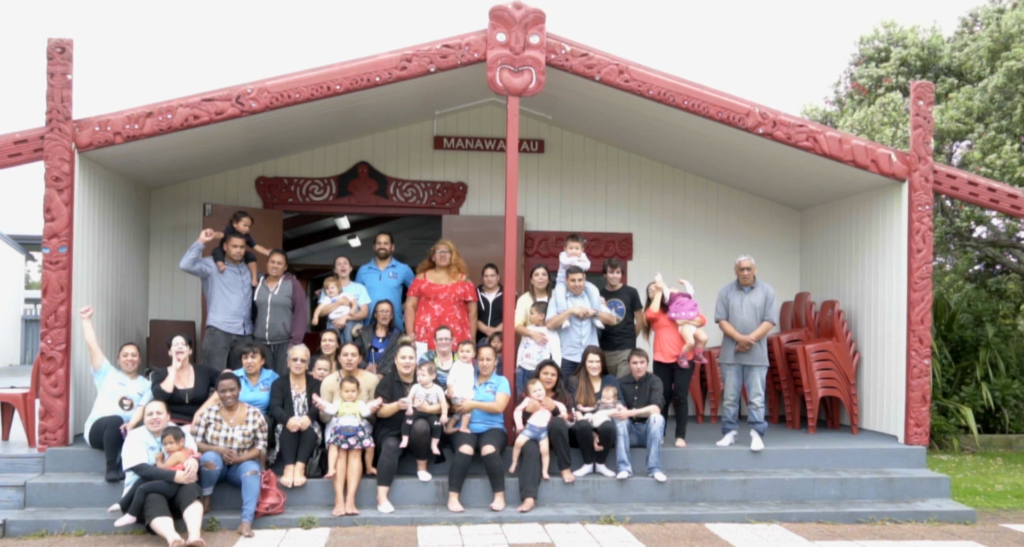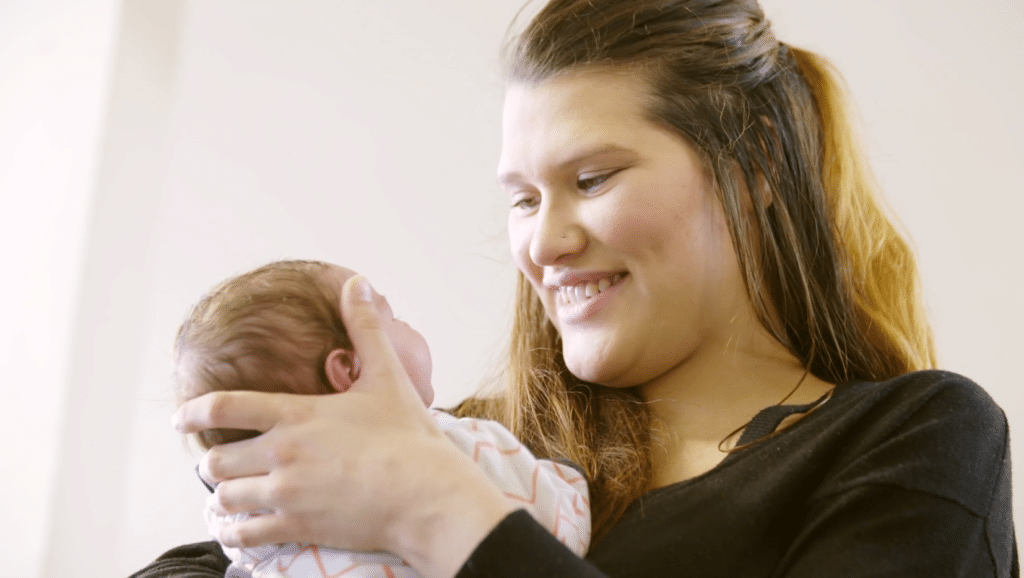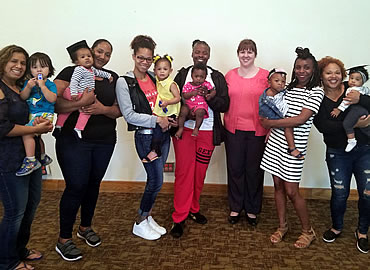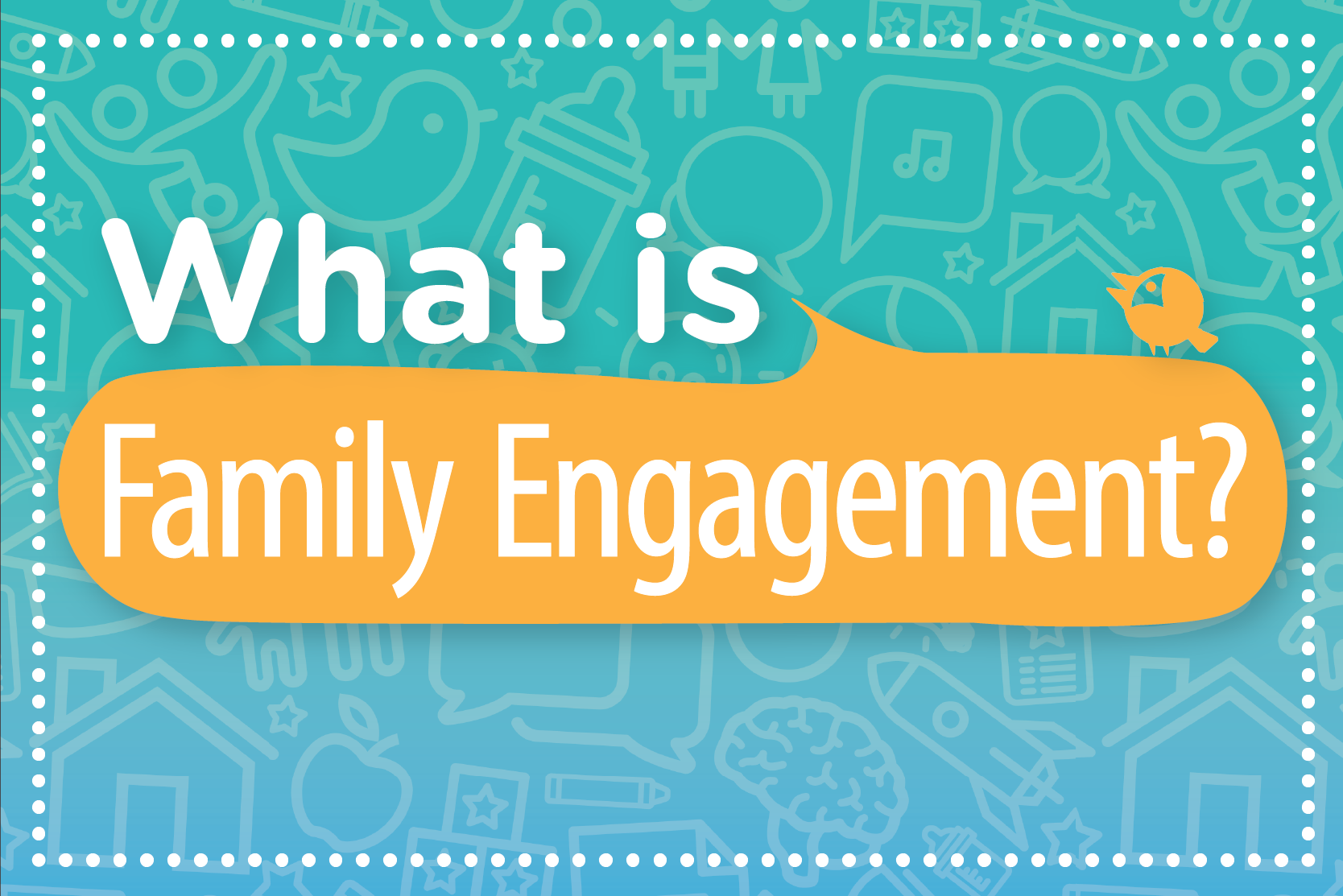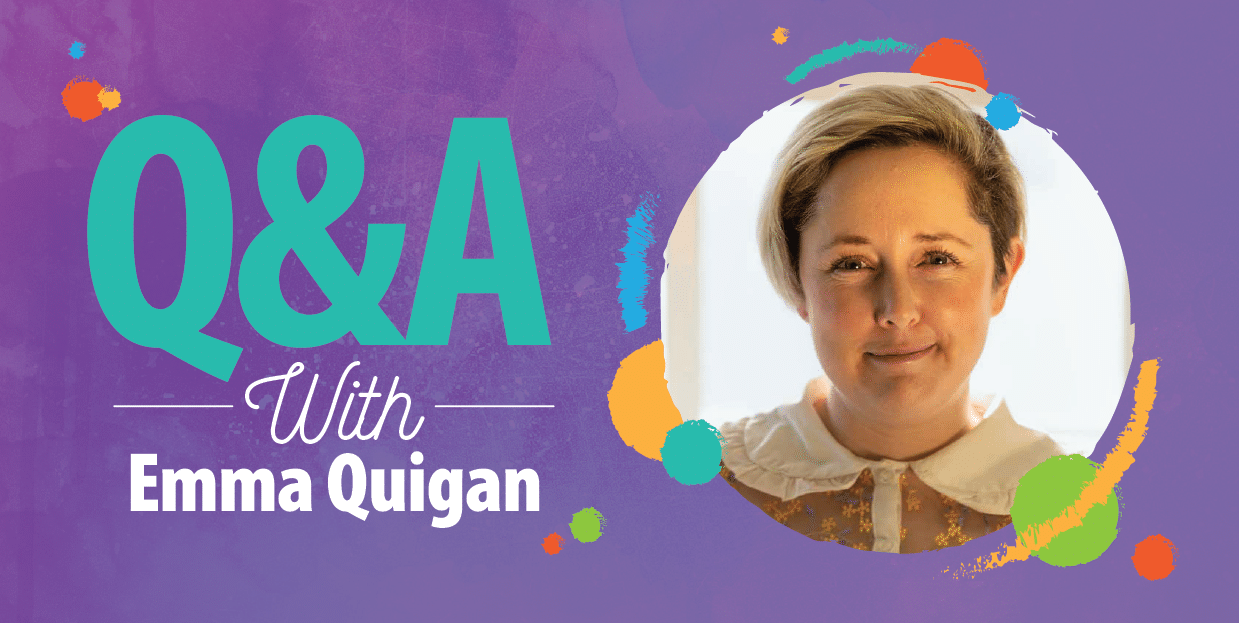
We interviewed Emma Quigan, community action lead for Talking Matters, an initiative from COMET Auckland designed to get adults talking with babies and children. COMET Auckland works with communities to grow rich language environments.
How have you evaluated the needs of the families you’re working with and adapted your programming to respond to those needs?
It’s a collaborative process and an ongoing conversation with whānau (families). We start with recognizing the strengths whānau have with regards to their child-rearing practices, and then we create a space where they can do more of what’s working. Our community-based coaches walk alongside whānau as they set goals and identify strategies that could help achieve them. This means that when we share talking tips, they are catered to what whānau are focused on at that time. When we work that way, we notice that whānau want to share what they’ve learned with their wider whānau.
Whānau to whānau transmission of knowledge has been a powerful tool, so we’ve adapted our programming so that parents have more opportunities to connect with each other and grow their social circles.
"Whānau to whānau transmission of knowledge has been a powerful tool, so we’ve adapted our programming so that parents have more opportunities to connect with each other and grow their social circles."
-Emma Quigan
How are parenting styles in New Zealand unique from other parts of the world?
There are probably as many similarities as there are differences, however, one thing that’s huge here is the role of whānau. When we say whānau we don’t just mean a nuclear family. Whānau is all-encompassing of aunties, uncles, grandparents etc. and can also include non-kinship ties. We notice such a difference when the whole whānau are included and involved. This means explicitly inviting them to events, and thinking about how we talk about the programme — it’s not just for mums!
Like lots of indigenous cultures, and actually many cultures around the world, we look to our tūpuna (ancestors) to guide us, and this has an impact on how we set goals. We’re thinking generations into the future, and look back generations, too. This means families are thinking about the kinds of values they want to instil in their children, and the way we talk with them is hugely important.
Finally, humour is also a big part of life in Aotearoa. Our coaches talk about things that crack us up about children, and these moments often serve as a starting point for noticing how a young baby is communicating with us.
How have you adapted the Talking Tips to fit with the culture and values of the communities you’re serving?
The Talking Tips are great as they’re based on evidence and are flexible enough to be adapted to various situations or parenting styles, so they’ve been a helpful starting point. Indigenous cultures have oral traditions and information is passed on through stories, so we try to share the tips in the context of stories or create a story to explain and illustrate the tip.
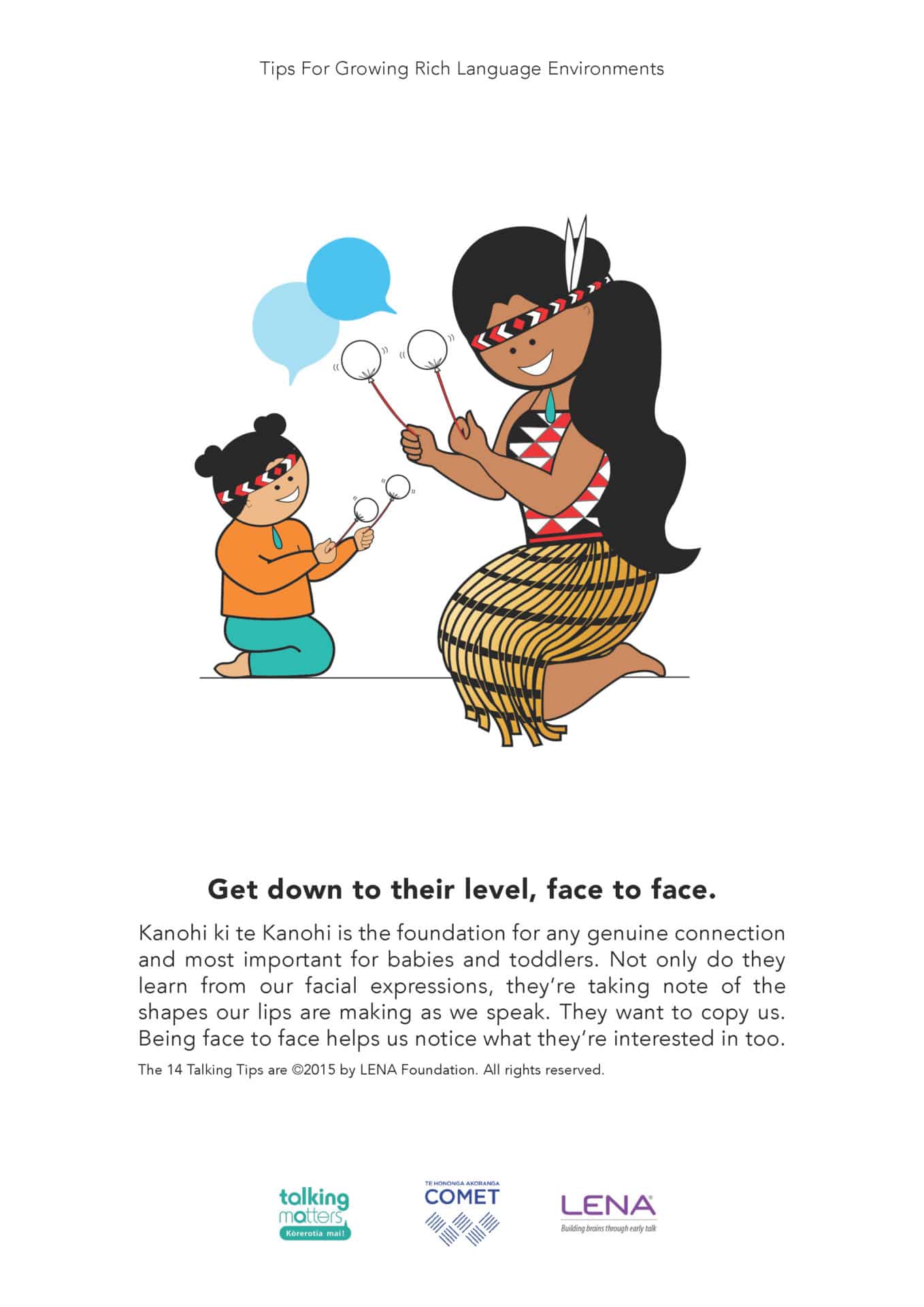
Talking Matters adapted LENA’s 14 Talking Tips to fit with the local culture, using examples and images that resonate with families.
How have you incorporated Maori culture into your work with parents using LENA?
Many of the families we work with, especially Māori, are on an indigenous language reclamation journey. Colonisation has meant that many of us throughout Aotearoa/New Zealand did not grow up speaking te reo Māori (the Māori language), and did not have access to fluent speakers.
While learning the language, whānau Māori are able to use the LENA data to think about how to increase the frequency of using te reo Māori in their home, and the impact it’s had on words and turns. A lot of whānau have noticed a difference when they sing more waiata (songs) throughout their day, and this has led to them sharing waiata they know with each other. That’s one example of where we have taken a strong cultural lens in looking at the data and how LENA has assisted with language reclamation.
We ask, how can we talk about the reports in a way that’s inclusive? For example, many of the Maori families live with relatives from their extended families. So, the times of day when there are high levels of responsiveness might be because a cousin was present and talking with the baby. So we’ll ask the parents, what can we learn from her? How can we use those strategies she was using? And how can we make sure your child’s relationship with the cousin remains strong, because she’s such an important person in the child’s life?
It’s powerful the way we’ve seen communication about the importance of early talk has increased throughout kinship networks. It’s influenced families — we see quite a movement forming of people who have engaged with the materials and tell someone else. They go through the process of becoming a champion.
What advice do you have for another site on how to be culturally responsive when delivering a community program?
Work with local families, community leaders and elders as they can identify the strengths and needs in their community. The best people to be coaches are parents from that community. We’ve noticed that when specialist professionals take the role of guiding and mentoring community coaches, opportunities for growth and leadership emerge. A culturally-responsive program is a program that is created by members of the cultures who are taking part in it.



